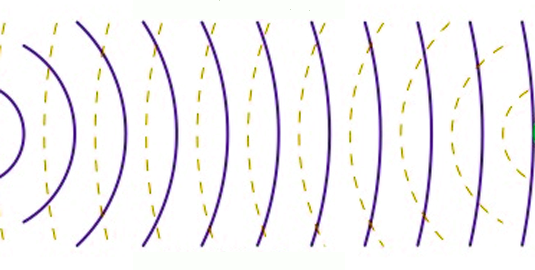Okay Daredevil, this will take some time and some work, but so does playing a guitar - a group of biologists have determined that humans can learn to echolocate the way bats do.
It's well known that blind people develop keener hearing and they even learn to help navigate using echoes of sounds, but that ability to determine locations spatially is suppressed by the 'precedence effect' - which occurs when a second sound arrives rapidly and becomes fused with the first so that the first is dominant.
Ludwig-Maximilians-Universität München scientists have developed a method for really training people in the art of echolocation. With the help of a headset consisting of a microphone and a pair of earphones, experimental subjects can generate patterns of echoes that simulate acoustic reflections in a virtual space: the participants emit vocal clicks, which are picked up by the microphone and passed to a processor that calculates the echoes of a virtual space within milliseconds.
So instead of sources, people who couldn't see got reflectors.
The resulting echoes are then played back through the earphones. The trick is that the transformation applied to the input depends on the subject’s position in virtual space. So the subject can learn to associate the artificial “echoes” with the distribution of sound-reflecting surfaces in the simulated space.

Overcoming the precedence effect to learn echolocation. Credit: Ludwig-Maximilians-Universität München
How long will it take? Results were noticeable after a few weeks. “After several weeks of training, the participants in the experiment were able to locate the sources of echoes pretty well. This shows that anyone can learn to analyze the echoes of acoustic signals to obtain information about the space around him. Sighted people have this ability too; they simply don’t need to use it in everyday situations,” Lutz Wiegrebe said in their statement. “Instead, the auditory system actively suppresses the perception of echoes, allowing us to focus on the primary acoustic signal, independently of how the space alters the signals on its way to the ears.”
Citation: Ludwig Wallmeier, Nikodemus Geßele and Lutz Wiegrebe, 'Echolocation versus echo suppression in humans', Proc. R. Soc. B 22 October 2013 vol. 280 no. 1769 20131428 28 August 2013 doi: 10.1098/rspb.2013.1428


